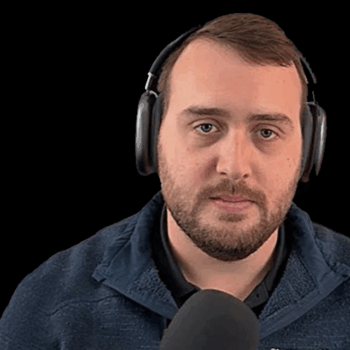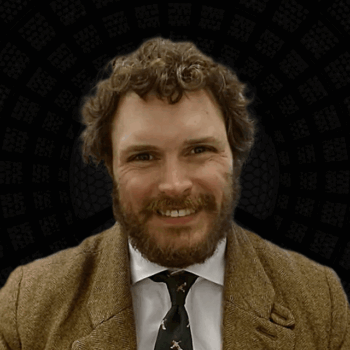

In today’s world, figuring out what to believe has become increasingly difficult. Arnold Kling, an economist and thinker, has spent much of his time analyzing how people form their beliefs and the obstacles that prevent them from seeking the truth. His work uncovers two major issues: over-censoring dissenting views from the elite consensus and under-censoring conspiracy theories. In his view, these dynamics create a crisis of truth, amplified by tribalism and failing institutions.
Table of contentsThe Two Major Errors in Belief FormationThe Role of Tribalism in Shaping BeliefsTikTok and Global ManipulationInstitutions: From Marketplaces of Ideas to Echo ChambersThe Financial Crisis: Regulation and CorruptionEducation Reform: The Outdated College ModelK-12 Education and the Feminization of SchoolsThe Ideological Divide Between Democrats and RepublicansForeign Policy: Idealists vs. RealistsThe Decline of Trust in InstitutionsThe Self-Perpetuating SystemLibertarianism and Its MarginalizationConclusionFAQsRelated Articles
The Two Major Errors in Belief Formation
Kling highlights two primary mistakes people make when deciding what to believe. First, there’s the tendency to over-censor dissenting views, especially those that challenge the dominant narrative upheld by elites. This kind of censorship stifles debate, making it harder to question assumptions and engage in meaningful discourse. On the flip side, under-censoring conspiracy theories allows misinformation to proliferate unchecked. When both errors exist simultaneously, the result is a confused public, unable to distinguish fact from fiction.
The Role of Tribalism in Shaping Beliefs
At the heart of this crisis is tribalism—the tendency for people to align themselves with groups that share similar beliefs and values. According to Kling, “people aren’t trying to change minds; they’re trying to close the minds of their own tribe.” Instead of fostering healthy debate, tribalism encourages people to dig into their ideological positions and shut out opposing viewpoints.
In today’s society, social media platforms act as the main battleground for tribalism. Algorithms tailor content to individual users, reinforcing existing beliefs and amplifying echo chambers. Instead of opening up people to new ideas, these platforms often deepen the divide between different groups.
TikTok and Global Manipulation
One platform that perfectly illustrates this manipulation is TikTok. Kling points out a striking difference between how the app operates in China versus how it’s used in the West. In China, TikTok promotes educational content, encouraging users to better themselves. But in Western countries, the app pushes more frivolous and often harmful content, a phenomenon some see as part of a broader strategy to weaken society. As Kling remarked, “It’s a long-term play, not just election interference.” The danger here lies not just in short-term manipulation but in shaping a society’s future by controlling its cultural narratives.
Institutions: From Marketplaces of Ideas to Echo Chambers
Kling is particularly critical of institutions like the media and academia. These institutions, originally designed to serve as marketplaces of ideas, have become compromised. Instead of promoting a diversity of thought, Kling argues that they have become echo chambers where progressive ideas dominate, often at the expense of conservative viewpoints.
He notes that in an ideal world, ideas would compete on a level playing field. But today, many ideas that would otherwise fail in a fair contest are propped up because they align with the prevailing orthodoxy.
The Financial Crisis: Regulation and Corruption
When the conversation turns to the 2008 financial crisis, Kling sheds light on how regulations intended to safeguard the economy were manipulated by financial institutions. “Regulation often invites corruption,” he explains, pointing out that institutions exploited these rule…
Discover more from Randy Bock MD PC
Subscribe to get the latest posts sent to your email.























